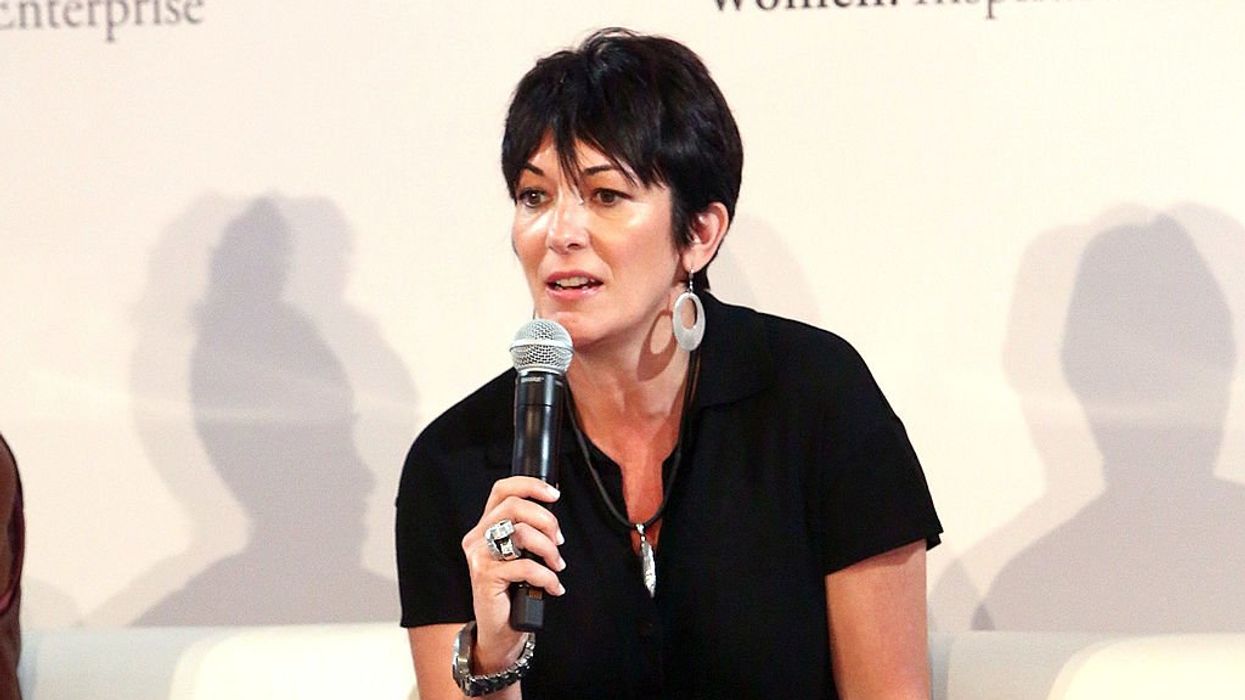Ghislaine Maxwell, the convicted accomplice of Jeffrey Epstein, has met twice this week with Deputy Attorney General Todd Blanche—a move that’s raising eyebrows across Washington and reigniting public demands for transparency in the Epstein saga.
Maxwell, currently serving a 20-year sentence in a Florida federal prison, reportedly initiated the meetings herself. According to her attorney, David Oscar Markus, she answered “every single question” posed by DOJ officials over the course of nine hours of interviews. Sources indicate that she was granted limited immunity, which allowed her to speak freely without fear of self-incrimination.
The meetings come amid mounting pressure on the Trump administration, which has faced backlash for walking back earlier promises to release all Epstein-related documents. Reports from The Wall Street Journal and CNN indicate that Donald Trump’s name appears multiple times in the Epstein files, though officials stress that being named does not imply wrongdoing.
The House Oversight Committee has now subpoenaed Maxwell to testify remotely in August, potentially opening the door to public revelations about Epstein’s network and its ties to powerful figures. Legal experts believe her testimony could shed light on the alleged “client list,” travel arrangements for underage victims, and whether influential individuals—including politicians and celebrities—were involved.
While the DOJ has stated that no further charges are expected and that no client list exists, critics argue that Maxwell’s cooperation suggests otherwise. As Harvard Law professor Alan Dershowitz put it, “She is the Rosetta Stone. She knows everything”.
Whether these developments lead to new indictments or deepen public mistrust remains to be seen. But one thing is clear: Maxwell’s voice is no longer silent, and Washington is bracing for what she might say next.
Trump has responded with a mix of deflection, denial, and strategic distancing.
Speaking to reporters outside the White House before departing for Scotland, Trump said he had “nothing to do with the guy,” referring to Epstein, despite years of documented social ties between the two. He dismissed questions about Maxwell’s cooperation with the DOJ, stating, “I haven’t thought about a pardon,” though he acknowledged he was “allowed to do it”.
Critics have pointed to the conflict of interest in Blanche’s role, given his past ties to Trump. Senate Minority Leader Chuck Schumer called the private interviews “glaring corruption,” while others questioned whether the DOJ’s outreach was a genuine pursuit of justice or a political maneuver.
Trump, meanwhile, shifted focus to other figures linked to Epstein, including Bill Clinton and Larry Summers, saying, “You should focus on them. I sure as hell didn’t live with Epstein”. He also denied sending a lewd birthday letter to Epstein in 2003, calling it “another fake news story” and suing The Wall Street Journal for libel.
The White House communications team has dismissed reports that Trump’s name appears “multiple times” in the Epstein files as “fake news,” despite Attorney General Pam Bondi allegedly briefing him on the matter in May.
Hugo Balta is the executive editor of the Fulcrum and is the publisher of the Latino News Network.




















Trump & Hegseth gave Mark Kelly a huge 2028 gift